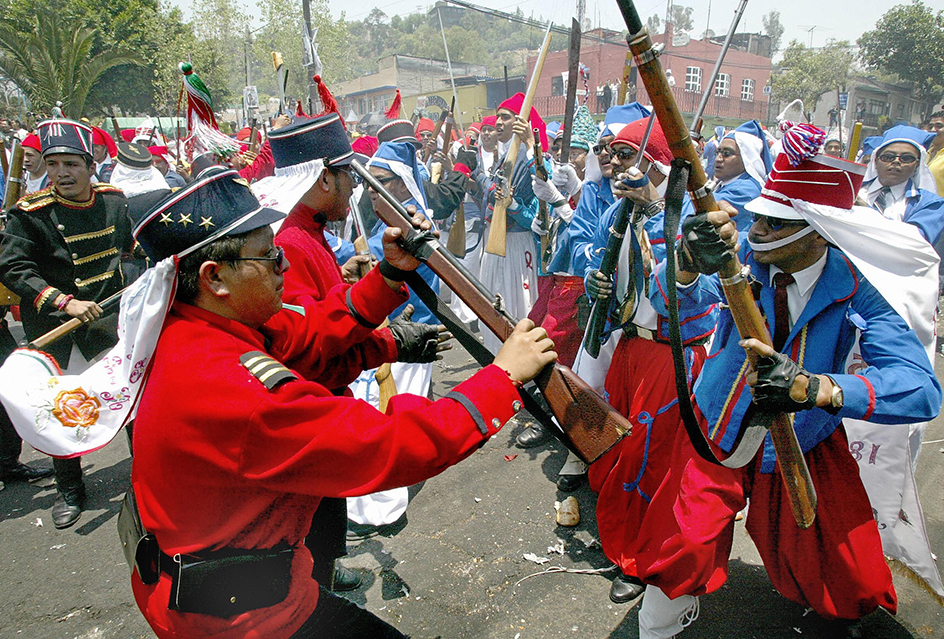May is the fifth month of the year, according to the Gregorian calendar, which is used in most of the world today. It was the third month of the early Roman calendar until the ancient Romans moved the beginning of the year to January 1. May has always had 31 days. There are various stories about how May got its name. The most widely accepted explanation is that it was named for Maia, the Roman goddess of spring and growth. In ancient Rome, May 1 fell at a time that was sacred to Flora, the flower goddess. The Romans celebrated the day with flower-decorated parades. Today, May Day (May 1) is a spring festival in many countries. Other nations celebrate Labor Day on May 1.
Some countries celebrate Mother’s Day in May. The second Sunday of the month is Mother’s Day in the United States. This holiday falls on the last Sunday of May in Sweden. Flores de Mayo (Flowers of May) festivals take place throughout the Philippines during this month. These festivals honor local saints in addition to the Virgin Mary, the mother of Jesus.
Several cultures remember their dead in May. Dodenherdenking, a day to remember those killed in World War II (1939-1945), falls on May 4 in the Netherlands. Yom HaShoah, which often falls in May, honors Jews who died in the Holocaust. The last Monday of the month is Memorial Day, also called Decoration Day, in the United States. It honors those who have died in wars.
Various agricultural festivals take place in May. Residents of Sabah, a region of Malaysia, hold the Kadazan Harvest Festival throughout the month. It includes religious ceremonies, feasting, dancing, and games, the climax of which is a two-day celebration on May 30-31. Thailand’s annual Royal Plowing Ceremony marks the start of the new agricultural season. The royal astronomer sets the date of this festival, which usually occurs in May. The Jewish festival of Shavuot also usually falls in this month. Shavuot began as an ancient Hebrew celebration of the wheat harvest. Today, Shavuot recalls Moses’s receiving the Ten Commandments from God.

Some countries celebrate political holidays in May. Mexicans celebrate Cinco de Mayo on May 5. This date is the anniversary of the Mexican victory over the French at Puebla, Mexico, in 1862. Canadians celebrate Victoria Day, formerly known as Empire Day, on the first Monday before May 25. It honors the birthdays of both Queen Victoria (May 24, 1819) and Queen Elizabeth II (April 21, 1926) of the United Kingdom. May 25 is African Freedom Day. It is a time to focus on the independence of all African nations. China’s Dragon Boat Festival often falls during May. This festival honors Qu Yuan, a Chinese poet and statesman of the Zhou dynasty, who drowned himself to protest corruption in the prince’s court.

Each year in Japan, one week in May is set aside as Bird Week. It features such activities as bird watching, bird exhibitions, and lectures. Many Japanese trees were cut down and used as fuel during World War II. Bird nests were destroyed, and many birds died as a result. This special week encourages people to value and protect birds in their country.
May is Asian Pacific American Heritage Month in the United States. It is a time to recognize the contributions of Asian and Pacific cultures.
The hawthorn and the lily of the valley are May’s flowers. May’s birthstone is the emerald.
